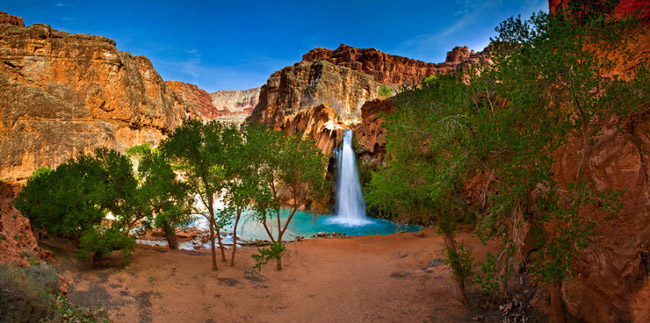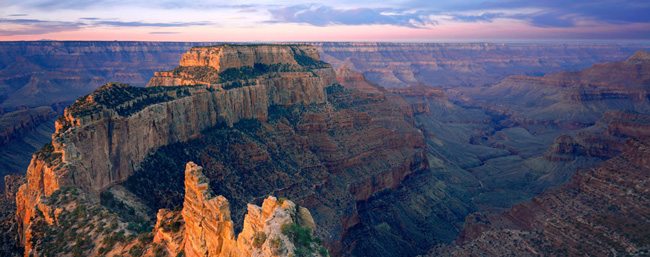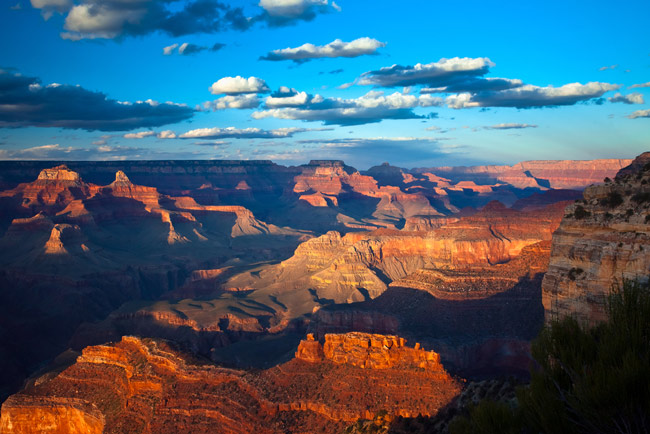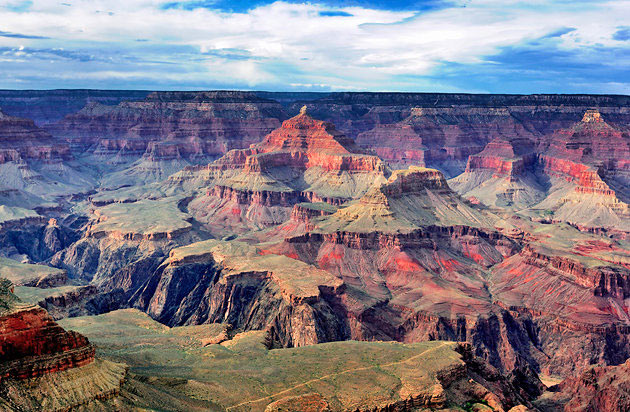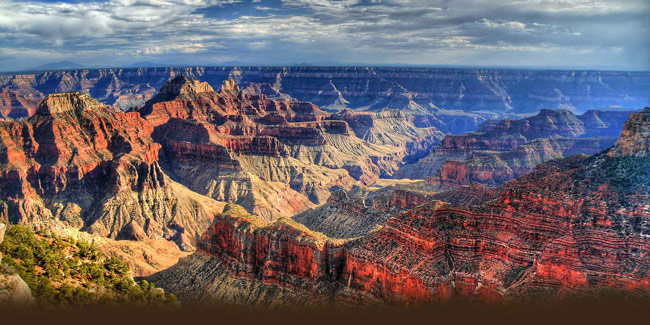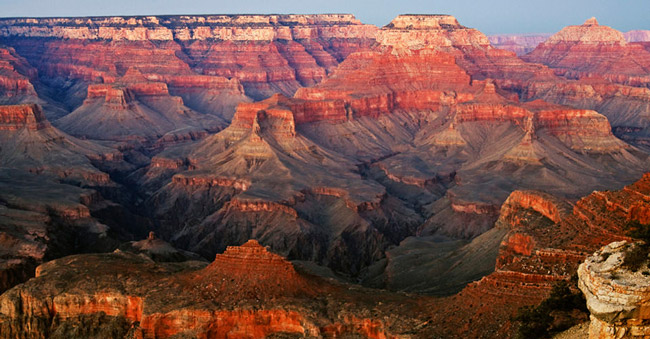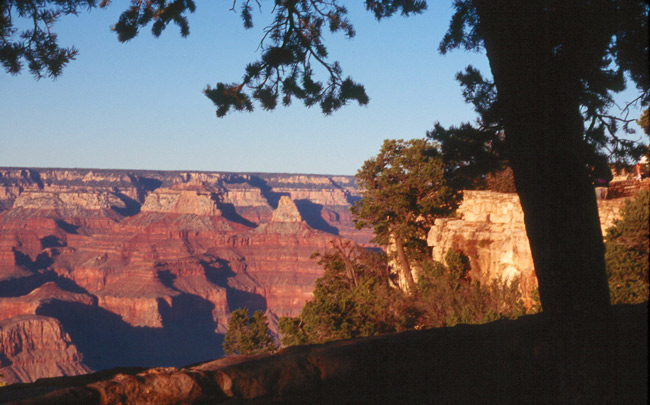The United Nations Scientific, Educational and Cultural Organization Unesco recognized the Grand Canyon National Park of the United States of America as a World Natural Heritage in 1979.
Grand Canyon National Park – World Natural Heritage in the United States
Grand Canyon National Park is a protected area in the US state of Arizona. It is one of the country’s first national parks. Within the national park is the world famous Grand Canyon, which is the Grand Canyon. This is considered to be the most majestic canyon in the world with an extremely beautiful and impressive landscape.
The total area of the national park is 4,927 km2. The park was created on February 16, 1919 and President Thedore Roosevelt was the promoter of the creation of the garden after many visits to this site. Also, it is impossible not to mention the work of environmentalists who created a big campaign at the time to stop construction of the Colorado River Dam. If the dam construction project was implemented, there would be no Grand Canyon National Park today.
In the Grand Canyon National Park campus, there are over 2,600 prehistoric monuments, including evidence of archaic culture.
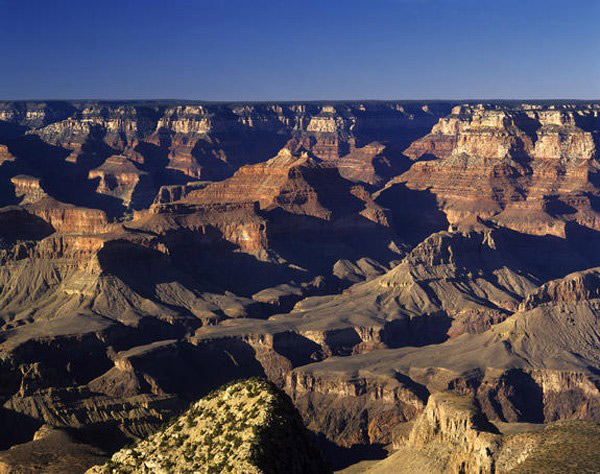
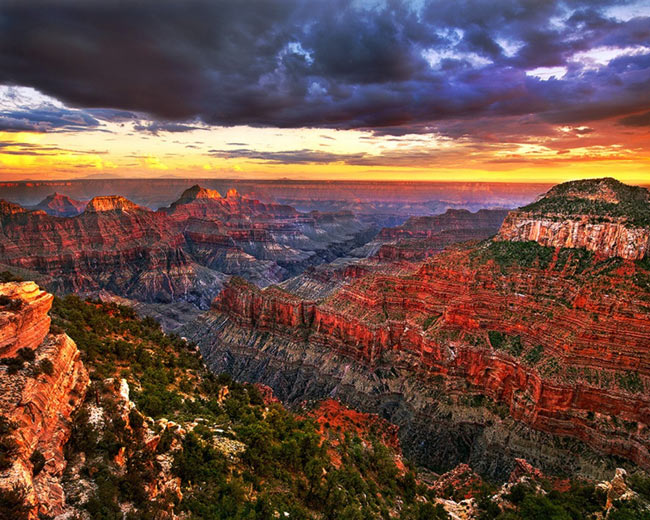
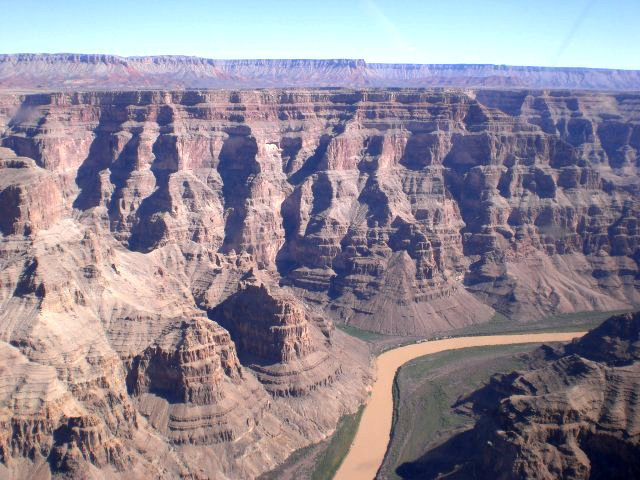 The magnificent and rare beauty in the world at Grand Canyon National Park
The magnificent and rare beauty in the world at Grand Canyon National Park
The Grand Canyon in the National Park is a steep ravine created from the Colorado River. This river crossed the mountains millions of years ago to form a majestic canyon in the world. The length of the Grand Canyon is 446 km long, 0.4 to 24 km wide depending on the section and has a depth of 1600 meters. According to records, Europeans discovered this canyon in 1540. During his journey from Spain to the Americas, explorer Gracia Lópezde Cárdenas accidentally discovered the canyon. After that, many adventures to explore this region were made by explorers from many countries of the world. In 1860, after his expedition, explorer John Wesley Powell recounted what he saw and this outback quickly became famous and popular.
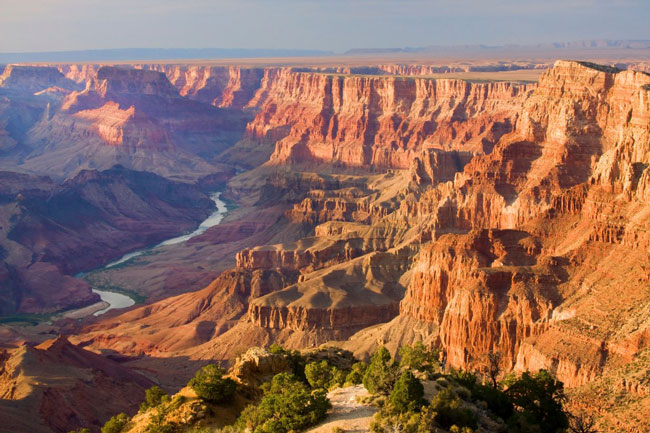
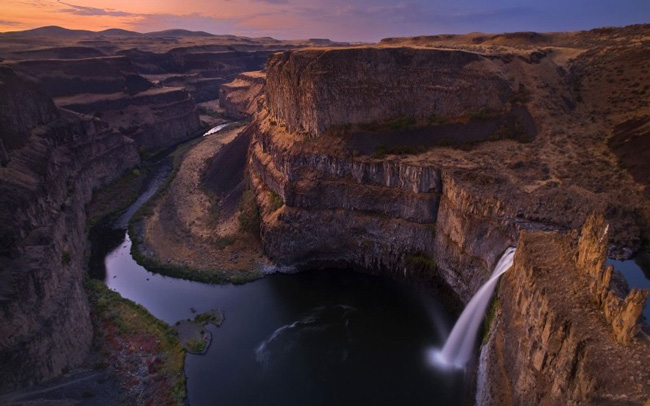
With the majestic rock system, the world famous canyon and the small streams … The natural landscape of the Grand Canyon amazes and admires everyone.
It wouldn’t be an exaggeration to say that there are rare places where people must be stunned to see, such as when they are directly across the road, taking in the majestic scenery of Grand Canyon National Park as well as the Grand Canyon. Here the world seems bigger, the storms, the sunsets and the sunrises are also more splendid and spectacular. The best moments of the Grand Canyon are at dawn and dusk. At this time, the sunlight shining on the colorful canyons produces a variety of colors and changes depending on the location of the canyon as well as the time of day.
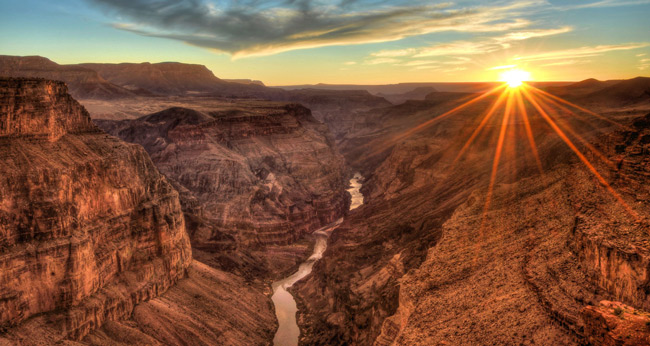
Most of the cliffs in the Grand Canyon are red rocks and turn to colors in the sun. In the canyon there are also small hidden streams which create a very interesting scene.
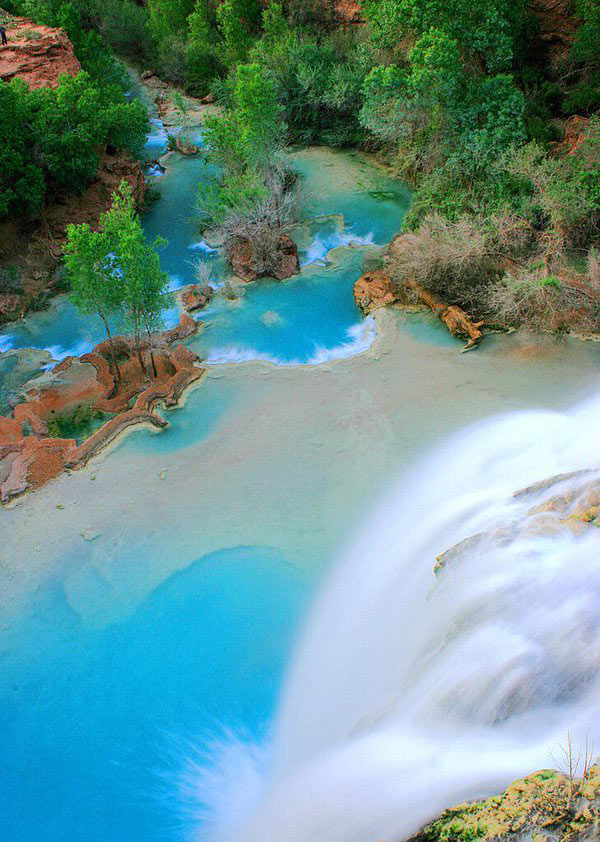
Although most of the area of the national park is made up of rocky mountains, there are still areas with forests with rich ecosystems.
Scientists say there are 1,500 species of grasses, 355 species of birds, 89 species of mammals, 47 species of reptiles, 9 species of amphibians and 17 different species of fish that grow in this area.
For many years, Grand Canyon National Park has been a favorite destination for professional and amateur climbers; explorers of many countries of the world and nature lovers.
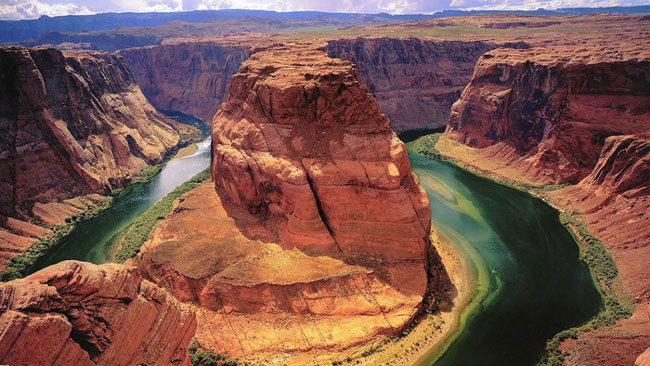
We can say that the natural landscape of the national park is nobody in the world. The majesty of heaven and earth, mountains and forests here make any visitor equally surprised and amazed. The National Park is recognized by Unesco as a world natural heritage according to criteria (vii), (viii), (ix), (x).
Criterion (vii): Famous for its natural beauty, Grand Canyon National Park is one of the most famous in the world. The garden is a complex of forests, canyons, deserts, waterfalls, plateaus …
Criterion (viii): The geological layers of the garden bear witness to the evolution of millions of years. The deep caves and gorges here also contain rich fossils which are the foundation of research and research by archaeologists.
Criterion (ix): Grand Canyon National Park has different biological environments, which are deep in the canyons, and high on the cliffs … Therefore, the flora and fauna here are also different like this.
Criterion (x): The diversity of the terrain of the national park leads to a very diverse ecosystem. It is a habitat for many rare or endangered plant and animal species.
